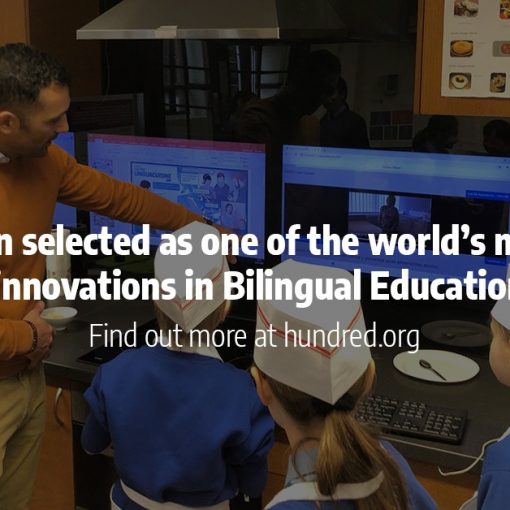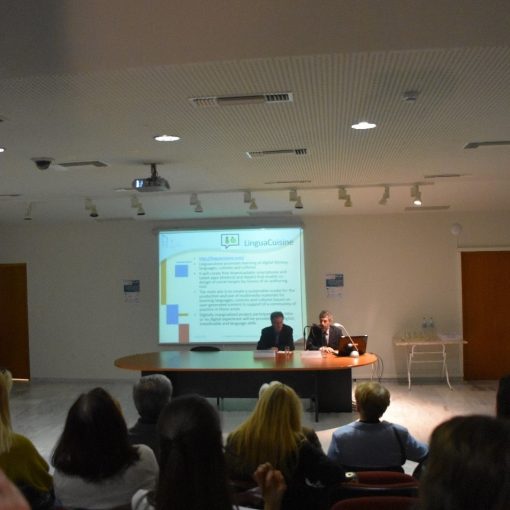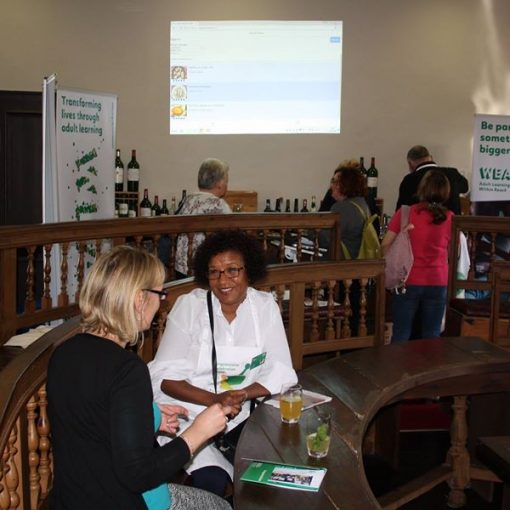
In an effort to increase digital equity awareness globally, the National Digital Inclusion Alliance and the Australian Digital Inclusion Alliance are co-organizing International Digital Inclusion Week (IDIW) for October 15-21, 2018. IDIW2018 aims to increase awareness and commitment to digital inclusion, create opportunities for national focus, promote international engagement and learning, and act as a catalyst to build an enduring coalition of national digital inclusion alliances and international efforts to create global momentum towards a fully digitally included world.
On Monday, October 15th, IDIW 2018 included an online panel discussion. The four panelists represented a variety of digital inclusion activities and came from different continents:
- USA – Munirih Jester, San Antonio Housing Authority
- Australia – Kathleen Smeaton, University of Queensland Library
- UK – Nicola Dean, Starting Point Community Learning Partnership, Stockport
- Greece – Achilles Kameas, Hellenic Open University
The panel highlighted our similarities, challenges and differences, and offered the opportunity for international information exchange. Among the topics discussed by the panelists were:
- What do you see as the barriers to an individual’s full participation on the digital world?
- What is the most powerful thing you have learned that influences how you work in a practical way?
- How do you involve community members in creating programs?
- How do you know your programs are having the desired impact?
- How have you cooperated or collaborated to improve inclusion and what makes that cooperation worthwhile?
- What do you think could be done through international collaboration that could make a difference to digital inclusion?
- Share a best practice – what has worked really well?
In the context of the last topic, Achilles Kameas presented project LinguaCuisine as a good practice of using everyday activities to realize digital skills training for elders with a very low level of digital skills. In addition to digital skills, the elders acquire linguistic and cultural competences; both are very important to avoid exclusion from today’s globalized society.
The discussion was attended by more than 50 online participants, who posed interesting questions on issues related to digital inclusion. The organizers aim at sustaining this dialogue at international level by organizing more similar events in the future.




